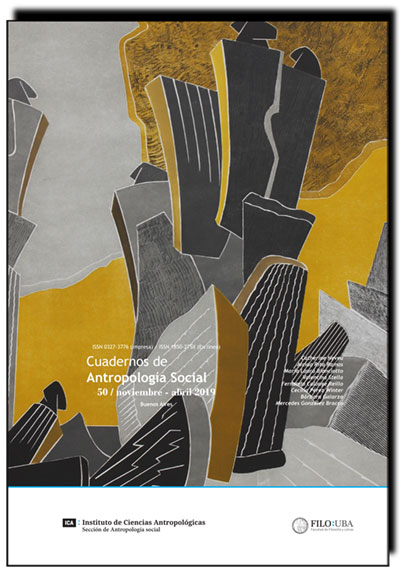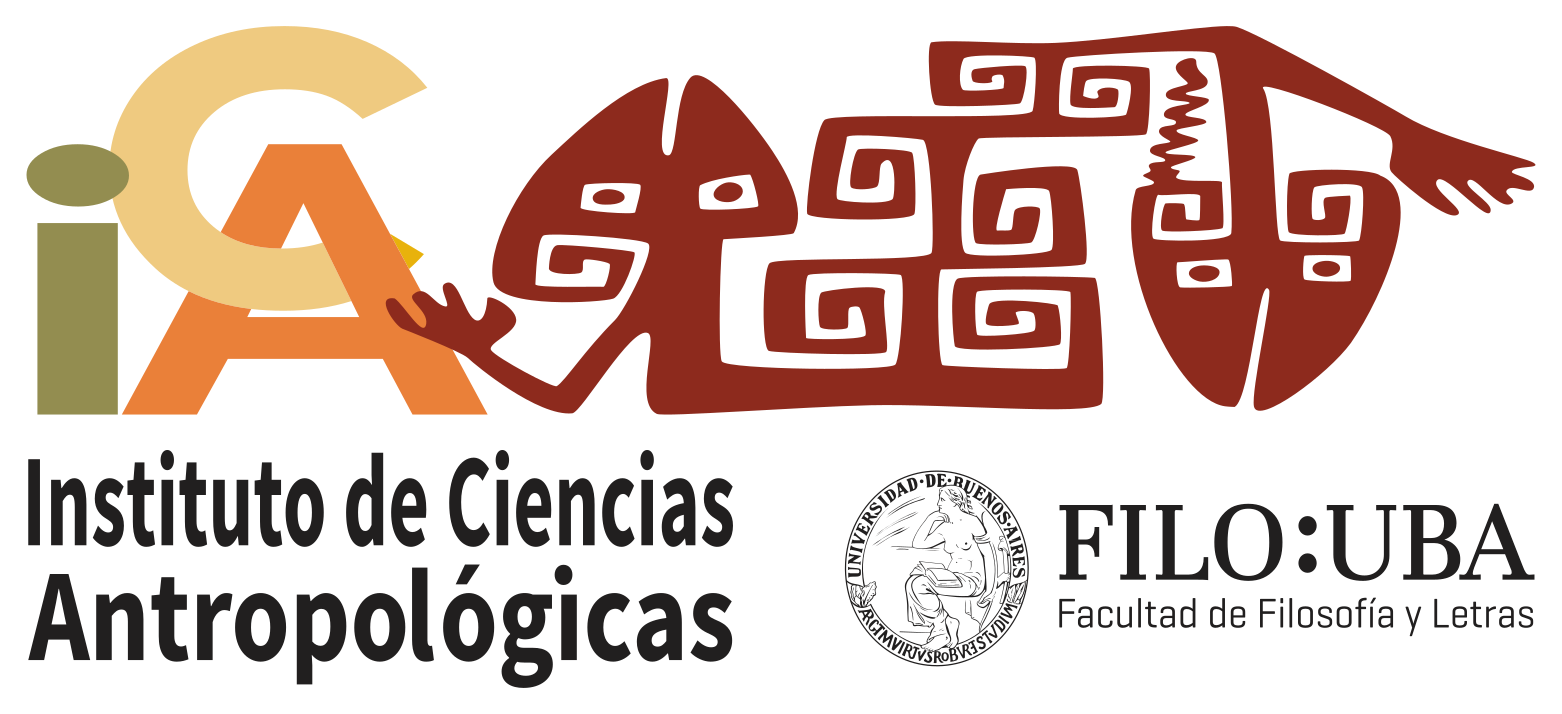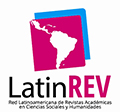Methodologies. Neither for nor against, much to the contrary
Abstract
The thorny issue of methodology has haunted many a social scientist, among them, anthropologists. Hard to define, method is often confused with research techniques; students and professionals alike very frequently propose, for instance, participant observation as their privileged “method”. However, there are striking differences between method and technique. Method is a guide, an organizer of research procedures. At the same time, it reveals the researchers’ inclinations towards their objects. This paper comments on the use of methodology, presents outstanding cases of its appropriate use, and gives examples of indigenous methodologies as counter examples, stressing the indigenous way of doing research, usually permeated with histories of subjugation, humiliation, generalized violence, and dehumanization inflicted on nonwestern peoples who happen to be in the way of western expansion and conquest.Downloads
References
Bernard, H. R. (Org.) (1998). Handbook of methods in cultural anthropology. Walnut Creek,
CA: AltaMira Press.
» Cajete, G. (2000). Native science: Natural laws of interdependence. Santa Fe, Novo México:
Clear Light.
» Campa, R. (2008). Making science by serendipity. A review of Robert K. Merton and Elinor Barber’s. The travels and adventures of serendipity. Journal of Evolution & Technology
(1), 75-83.
» Chilisa, B. (2012). Indigenous research methodologies. Londres: Sage.
» Comaroff, J. y Comaroff, J. (1991). Of revelation and revolution, Vol. 1. Chicago: The University of Chicago Press.
» Denzin, N. K., Lincoln, Y. S. y Tuhiwai Smith L. (Orgs.) (2008). Handbook of critical and
indigenous methodologies. Londres: Sage.
» Descartes, R. ([1637] 1973). Discurso do método para bem conduzir a própria razão e procurar a verdade nas ciências. São Paulo: Difusão Européia do Livro.
» Devereux, G. (1967). From anxiety to method in the behavioral sciences. Haia: Mouton.
» Díaz, F. (2007). Escrito: Comunalidad, energía viva del pensamiento mixe. México: Universidad Autónoma de México.
» Durkheim, E. (1961). The elementary forms of the religious life. Nova York: Collier Books.
» Eggan, F. (1954). Social anthropology and the method of controlled comparison. American Anthrpologist, 56(5/1), 743-763.
» Evans-Pritchard, E. E. (1976). Bruxaria, oráculos e magia entre os Azande. Rio de Janeiro:
Jorge Zahar Editor.
» Feyerabend, P. (1975). Against method. Londres: Verso.
» Gadamer, H.-G. (1975). Truth and method. Nova York: Crossroad.
» Geertz, C. (1983). Local knowledge: Further essays in interpretive anthropology. Nueva York:
Basic Books.
» Kovach, M. (2009). Indigenous methodologies: Characteristics, conversations, and contexts.
Toronto: University of Toronto Press.
» Merton, R. K. e Barber, E. (2004). The travels and adventures of serendipity. A study in
sociological semantics and the sociology of science. Princeton: Princeton University Press.
» Oberheim, E. (2011). Editor’s introduction. En P. Feyerabend The tirany of science (pp.
vii-xii). Cambridge: Polity.
» Ramos, A. R. (2012a). Indigenismo: Um orientalismo americano. Anuário Antropológico
/I, 27-48.
» Ramos, A. R. (2012b). The politics of perspectivism. Annual Review of Anthropology, 41,
- 494.
» Ramos, A. R. (2018). Por una crítica indígena de la razón antropológica. Anales de Antropología, 52(1): 59-66.
» Ricoeur, P. (1978). O conflito das interpretações. Rio de Janeiro: Imago
» Sioui, G. E. (1992). For an Amerindian autohistory. Montreal: McGill-Queen’s University
Press.
» Smith, L. T. (1999). Decolonizing methodologies. Research and indigenous peoples. Londres: Zed Books.
» Tocqueville, A. de ([1835] 2003). Democracy in America. Nova York: Penguin.
» Wagensberg, J. (2007). El gozo intelectual. Teoría y práctica sobre la inteligibilidad y la belleza. Barcelona: Tusquets.
» Wilson, S. (2008). Research is ceremony: Indigenous research methods. Nova Escócia:
Fernwood.

Esta obra está bajo una Licencia Creative Commons Atribución 4.0 Internacional
Cuadernos de Antropología Social sostiene su compromiso con las políticas de Acceso Abierto a la información científica, al considerar que tanto las publicaciones científicas como las investigaciones financiadas con fondos públicos deben circular en Internet en forma libre, gratuita y sin restricciones.
Los contenidos y opiniones expresadas en los artículos publicados son de entera responsabilidad de sus autores.
Los autores/as que publiquen en esta revista aceptan las siguientes condiciones:
- Los autores/as conservan los derechos de autor y ceden a la revista el derecho de la primera publicación, bajo la licencia de atribución de Creative Commons, que permite a terceros utilizar lo publicado siempre que mencionen la autoría del trabajo y a la primera publicación en esta revista.
- Los autores/as pueden realizar otros acuerdos contractuales independientes y adicionales para la distribución no exclusiva de la versión del artículo publicado en esta revista (p. ej., incluirlo en un repositorio institucional o publicarlo en un libro) siempre que indiquen claramente que el trabajo se publicó por primera vez en esta revista.















